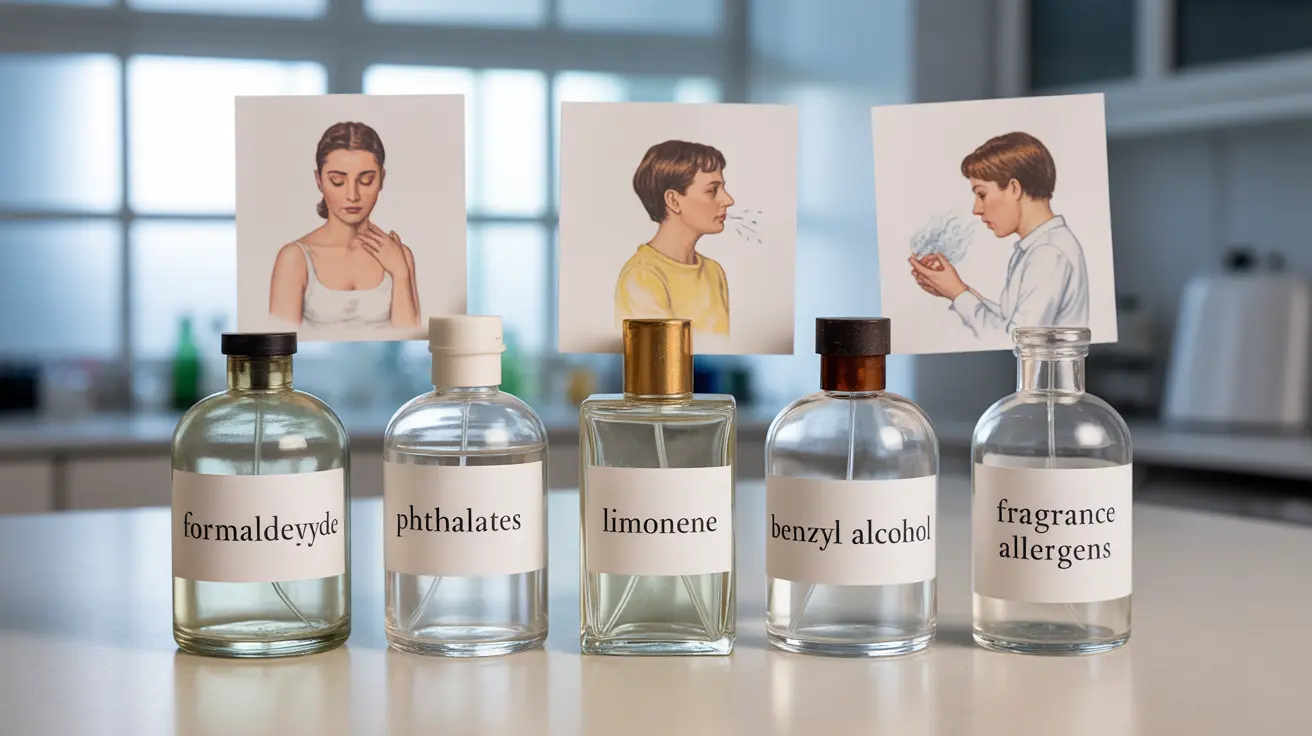Perfume exposure can lead to various adverse reactions, from mild skin irritation to potentially serious poisoning if ingested. Understanding these risks and knowing how to respond to perfume-related emergencies is crucial for both parents and individuals with sensitivities.
While perfumes are generally safe when used as intended, accidental ingestion or excessive exposure can cause concerning symptoms and reactions. This comprehensive guide explores the potential dangers, symptoms, and appropriate responses to perfume-related health issues.
Understanding Perfume Toxicity
Most perfumes contain a mixture of chemicals, including alcohol, essential oils, and synthetic fragrances. While these ingredients are safe for external use, they can be harmful when swallowed or when exposure exceeds normal levels.
Common potentially toxic ingredients in perfumes include:
- Ethanol or denatured alcohol
- Synthetic musks
- Phthalates
- Essential oil concentrates
- Chemical fixatives
Signs and Symptoms of Perfume Poisoning
When perfume is accidentally ingested or overexposure occurs, various symptoms may develop, ranging from mild to severe:
Ingestion Symptoms
- Burning sensation in mouth and throat
- Nausea and vomiting
- Stomach pain
- Dizziness
- Drowsiness
- In severe cases, difficulty breathing
Contact Reactions
- Skin redness and irritation
- Itching
- Rashes
- Hives
- Contact dermatitis
Respiratory Concerns and Sensitivities
Perfume exposure can significantly impact respiratory health, particularly in sensitive individuals. Strong fragrances may trigger or worsen existing conditions such as asthma, allergies, or multiple chemical sensitivity (MCS).
Common Respiratory Symptoms
- Coughing
- Wheezing
- Shortness of breath
- Chest tightness
- Nasal congestion
- Throat irritation
Emergency Response and Treatment
If someone has been exposed to or ingested perfume, immediate action is crucial:
For Ingestion
- Contact Poison Control immediately
- Do not induce vomiting unless directed by medical professionals
- Save the perfume container for identification
- Seek immediate medical attention if symptoms are severe
For Skin Contact
- Remove contaminated clothing
- Wash the affected area thoroughly with soap and water
- Apply cool compresses if irritation occurs
- Seek medical attention if symptoms persist or worsen
Prevention and Safety Measures
Taking proactive steps can help prevent perfume-related incidents:
- Store perfumes securely out of children's reach
- Keep perfumes in their original containers
- Use child-resistant locks on storage areas
- Consider fragrance-free alternatives in sensitive environments
- Read and follow product labels carefully
Frequently Asked Questions
Is perfume poisonous if swallowed and what symptoms should I watch for?
Yes, perfume can be poisonous if swallowed. Key symptoms include burning in the mouth and throat, nausea, vomiting, stomach pain, and dizziness. Severe cases may cause breathing difficulties and require immediate medical attention.
What are common allergic reactions or skin irritations caused by perfume?
Common allergic reactions include skin redness, itching, rashes, hives, and contact dermatitis. Some people may develop symptoms immediately upon exposure, while others might experience delayed reactions.
How do you treat perfume poisoning or allergic reactions from perfume exposure?
For ingestion, contact Poison Control immediately and seek medical attention. For skin reactions, wash the affected area thoroughly and apply cool compresses. If symptoms are severe or persist, consult a healthcare provider.
Can perfume cause respiratory problems or worsen asthma symptoms?
Yes, perfume can trigger or worsen respiratory problems, particularly in people with asthma, allergies, or chemical sensitivities. Symptoms may include coughing, wheezing, shortness of breath, and chest tightness.
How can I prevent perfume allergies or poisoning in children and sensitive individuals?
Store perfumes securely out of reach, use child-resistant locks, opt for fragrance-free products when possible, and maintain good ventilation. For sensitive individuals, avoid direct contact with perfumes and communicate your sensitivities to others.




